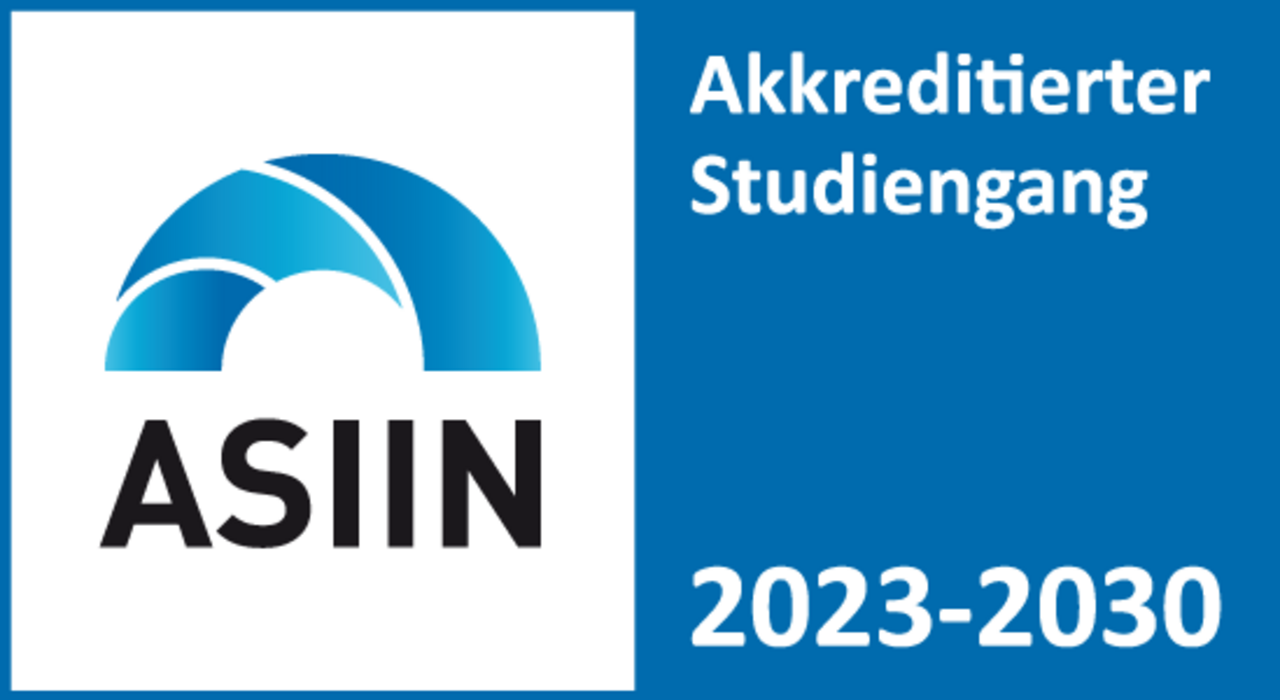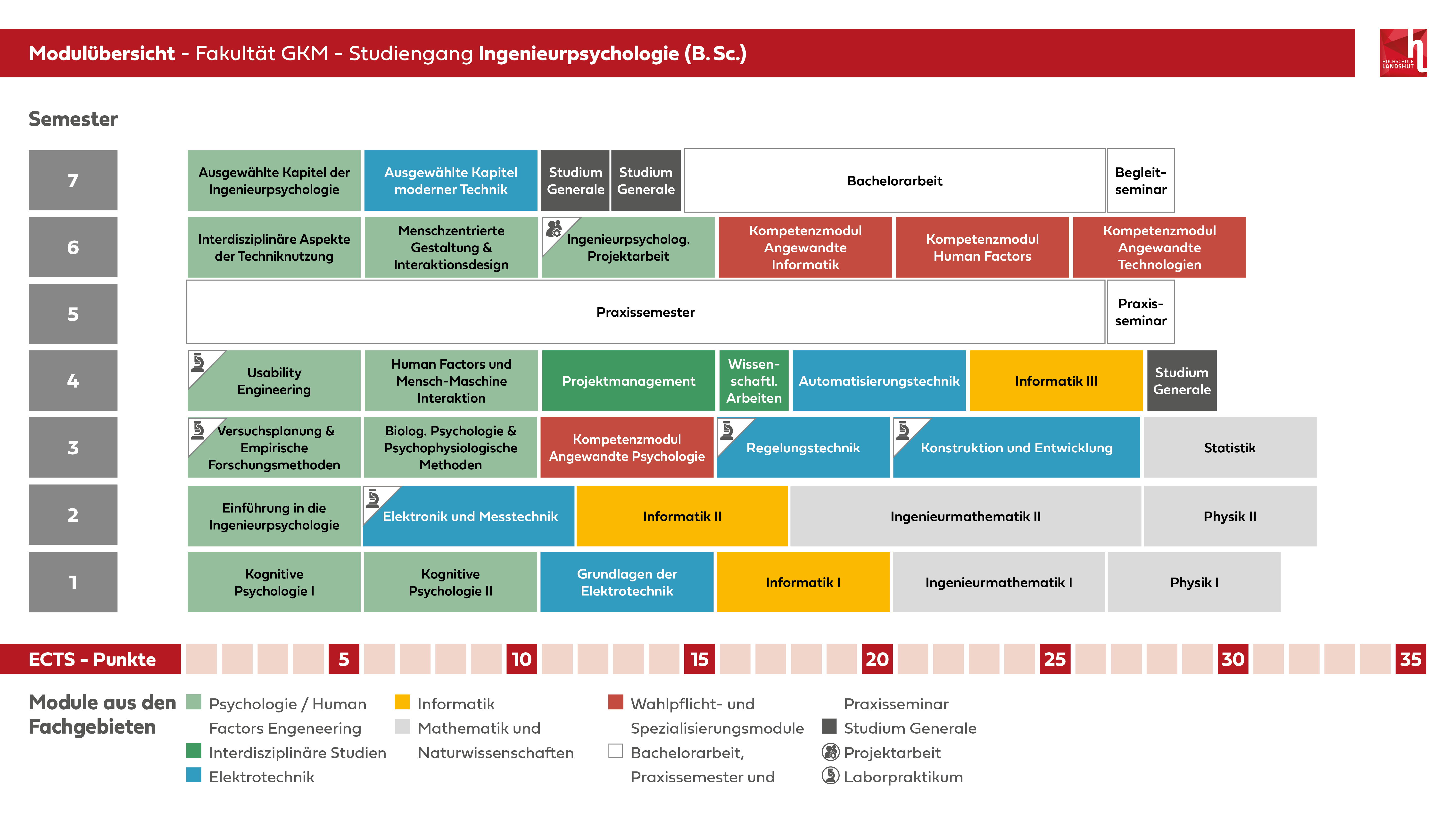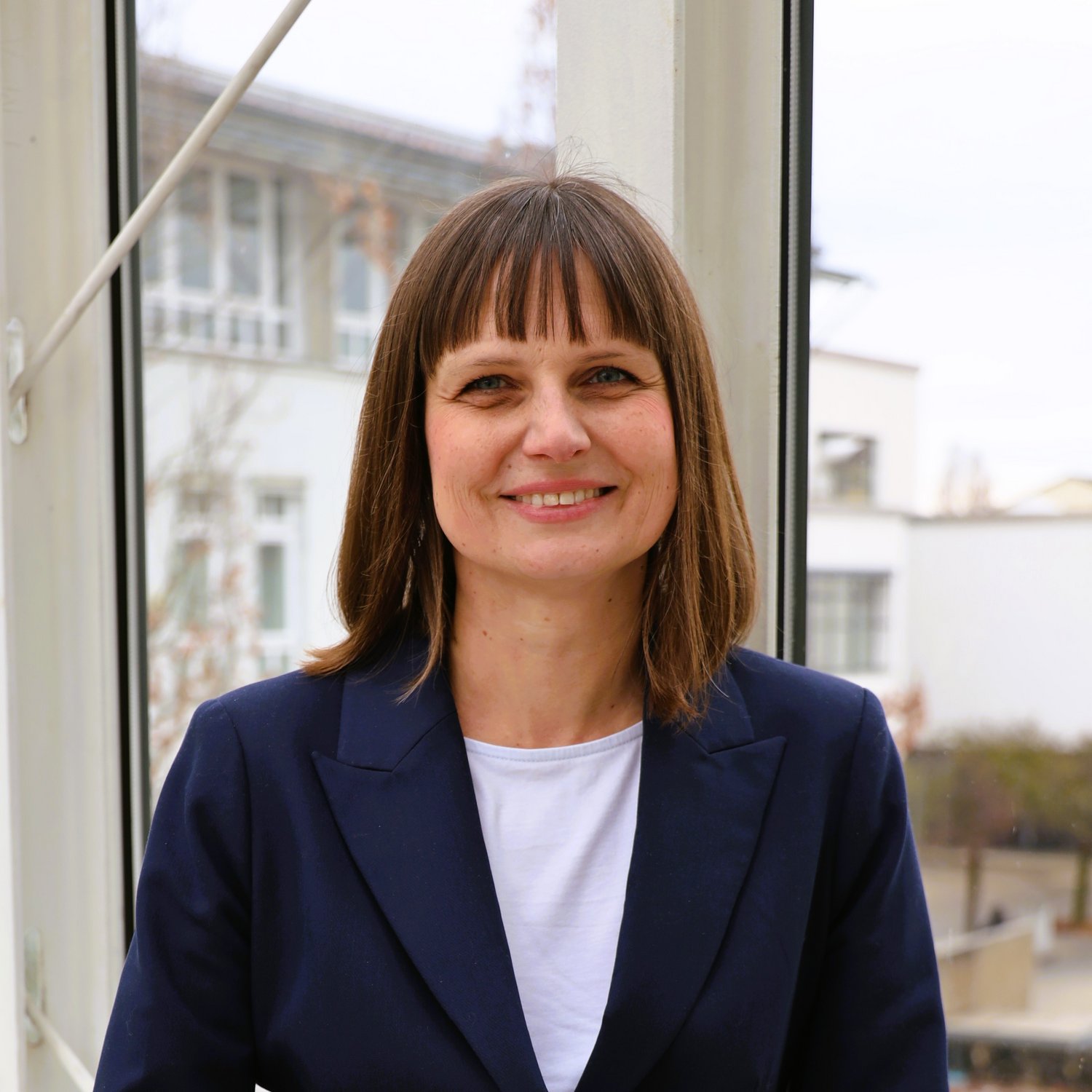

Accredited degree program
Engineering psychology
Bachelor of Science
Engineering psychology (human factors engineering) deals with the human-centred design of technical systems, workplaces and processes. The focus here is on psychology, ergonomics and human factors: the aim is to improve efficiency, safety and user satisfaction. Human-machine interactions are analysed and optimised through the application of psychological and ergonomic principles. Engineering psychologists work in a wide range of sectors - from the automotive and aviation industries to medical technology and IT - to make products, working environments and services user-friendly, performance-enhancing and safe.
| Start | Winter semester |
|---|---|
| Admission Criteria | Open admission (no numerus clausus) |
| Application period | 15.04.2025 - 15.09.2025 |
| Study format | Full time, with in-depth practical experience, Joint degree programme |
| Study cost | None (only semester fee) |
| Normal duration | 7 Semester |
| Language | German |
| ECTS | 210 |
| Accredited degree program | |
 | |
Programme content
The Engineering Psychology degree programme consists of six theoretical semesters and one practical semester. The programme comprises four subject blocks:
- Psychology
- technology
- Computer science
- Interdisciplinarity
The programme content at a glance:
- General psychology, engineering psychology, work and organisational psychology, social and communication psychology
- Empirical research methods, statistics
- Fundamentals of human-technology interaction, usability engineering, human-centred design and interaction design, human factors engineering
- Technical fundamentals (e.g. engineering mathematics, physics, electrical engineering, automation technology)
- Computer science (programming)
- Interdisciplinary project management, scientific work, interdisciplinary aspects of technology utilisation, marketing and sales, English, Studium Generale
Study programme
In the first and second sem esters, students learn the basics of cognitive psychology, electrical engineering and computer science.
In the third and fourth sem esters, students expand their specialist knowledge and skills in the areas of psychology, human factors, technology and computer science and learn about the theories of marketing, sales and project management.
The fifth semester essentially comprises practical time in the company.
In the sixth and seventh sem esters, students deepen their applied skills and competences in the areas of human factors, technology and computer science, develop conceptual and design skills in the area of human-technology interaction and write their Bachelor's thesis.
Internship
Practical semester
The practical semester serves to implement and deepen the knowledge and skills gained so far in the Engineering Psychology degree programme in industrial or research practice. In this advanced stage of the programme, students are required to work on projects in the specialist departments of industrial companies or research institutions. Students are expected to carry out work with an engineering psychology focus and work on smaller tasks as independently as possible. Supervision and guidance by experienced engineering psychologists / engineers in professional practice must be ensured.
The areas of application for students in the practical semester generally cover all areas in which engineering psychologists work. Due to the wide range of possible applications, no detailed specifications can be made regarding mandatory internship content. It is also possible and even desirable for students to familiarise themselves with several company departments. However, it is recommended that the placement is primarily limited to three areas, as an in-depth insight into the respective area of activity can only be gained through an appropriate length of stay. Students should also learn about the importance of teamwork and improve and develop their own co-operation and communication skills.




